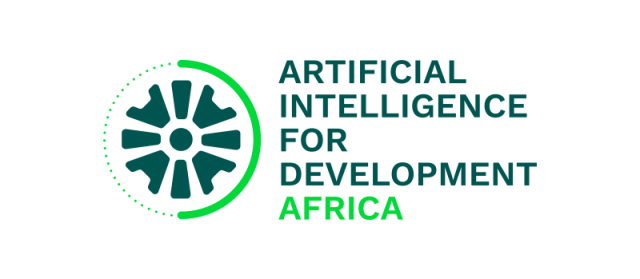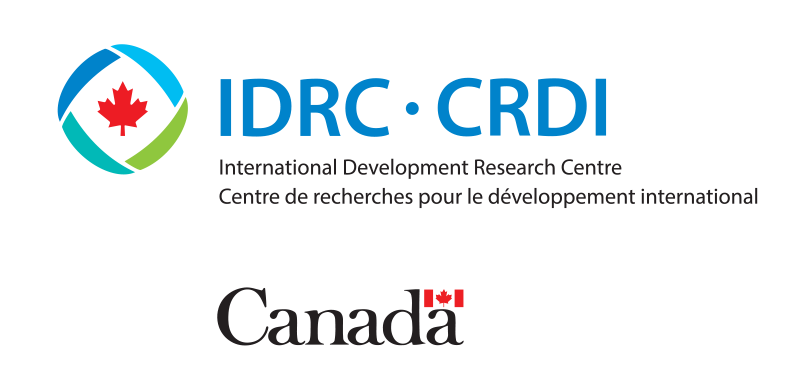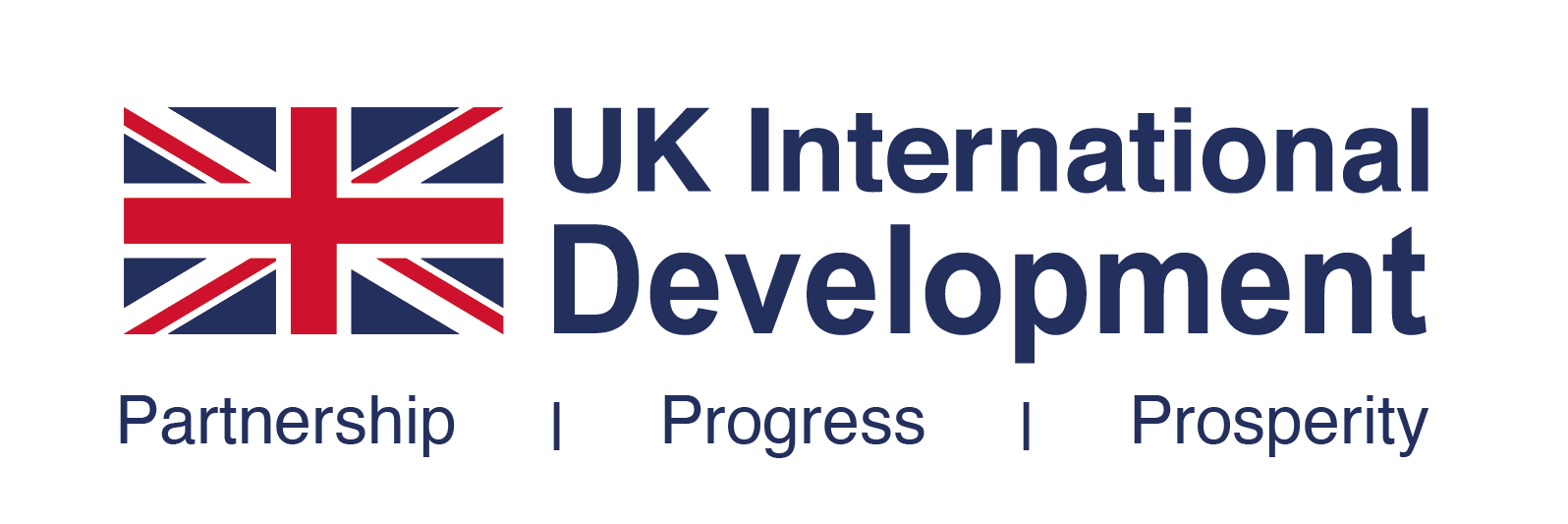Program
#DAY 1 Tuesday, June 3rd 2025
AI Policy Development, Data Governance and Ethical Frameworks
Registration and Breakfast
Sign in at the registration desk
Welcome Remarks
Opening remarks by Dr. Melissa Omino, Director, Centre for Intellectual Property and Information Technology Law
Keynote Address: The Future of AI Governance in Africa
Keynote address by Prof Caroline Ncube, Kathleen Siminyu, and Ms. Mary Kerema (OGW, Secretary ICT, E-Government and Digital Economy)
Panel Session 1: Charting the Path: Understanding the Kenya National AI Strategy for Advancing AI in Kenya
The Kenya National AI Strategy positions the nation at the forefront of leveraging artificial intelligence to drive sustainable development and innovation. Amidst Africa's unique landscape, characterised by distinct opportunities and significant challenges, this strategy emphasises the importance of aligning AI initiatives with Kenya's local priorities and developmental goals. Key considerations include enhancing local infrastructure, building capacity, and equipping the workforce with the necessary skills to navigate the AI landscape effectively.
In this panel session, experts involved in drafting the Strategy will facilitate an insightful discussion, addressing key questions and exploring the implications of Kenya's AI advancements.
Moderator: Dr. Melissa Omino
Panelists: Leonida Mutuku, Linet Kwamboka, Mark Irura, Ms. Mary Kerema (OGW)
Coffee Break
Panel Session 2: Contextualising AI Regulatory Approaches in Africa
As AI adoption accelerates across Africa, regulatory frameworks must evolve to ensure ethical, inclusive, and contextually relevant governance. This panel brings together experts in AI ethics, technology policy, and AI governance to explore key regulatory challenges and opportunities.
Their insights will focus on balancing innovation with rights protection, addressing accountability in AI-driven decision-making, and navigating regional and international regulatory influences. The discussion will also examine the role of governments, industry, and civil society in shaping adaptive, context-aware AI policies that foster responsible development while safeguarding public interest.
Moderator: Michael Butera
Panelists: Loise Ochanda, Dr. Chinasa T. Okolo, Prof. Desmond Oriakhogba, Prof. Saliou Diop, Dr. Mugambi Laibuta
Fireside Chat: National AI Strategies: Policies for Growth and Inclusion - East African Perspectives
As Artificial Intelligence (AI) continues transforming industries and governance structures globally, East African nations actively shape regulatory approaches that balance innovation with responsible AI development.
This presentation explores regional AI governance frameworks, examining how national policies, legal frameworks, and multi-stakeholder initiatives influence AI adoption.
Moderator: Florence Ogonjo
Speakers: Ridwan Oloyede, Fatma Songoro
Lunch Break
Video: Rethinking Inclusion in AI Governance
Presentation by Berhan Taye, Researcher and Analyst
Keynote Address: Harmonising Progress: Striking the Balance Between AI Innovation and Regulation through Data Governance
Keynote address by Leonida Mutuku, AI Research Director, The Local Development Research Institute
Panel Session 3: Data Governance in Shaping the AI Regulatory Landscape in Africa
Effective AI regulation in Africa begins with robust data governance. This panel will bring together experts in AI governance, privacy, and technology policy to discuss how data policies, access frameworks, localisation strategies, and data ethics influence AI development and deployment across the continent.
The panel will examine the balance between innovation and data protection, the role of national and regional data laws in shaping AI regulation, and the need for inclusive governance models that reflect Africa's unique socioeconomic and technological landscape. The session will also explore challenges in cross-border data flows, equitable data access, and aligning AI policies with global standards while prioritising Africa's development needs.
Moderator: Joshua Kitili
Panelists: Hlengiwe Dube, Victor Ndede, Prof. Idrissa Sarr, Nashilongo Gervasius
Recap and Closing Remarks
Closing remarks by Florence Ogonjo
Dinner at Tamarind Tree Hotel
Dresscode: African Theme
#DAY 2 Wednesday, June 4th 2025
AI Innovation and Intellectual Property
Registration and Breakfast
Keynote: AI and Innovation- Shaping the Innovation landscape in Africa
Keynote by Dr. Albert Kahira, Director & Head of Research at Datawise Africa.
Keynote address: AI and Intellectual Property: Protecting Innovation in Africa
Keynote by Prof. Chijioke Okorie, Associate Professor at the University of Pretoria and PI Data Science Law Lab
Presentation: AI practitioners on Responsible AI - AI perception and Operationalisation
This interactive session explores how AI practitioners define, implement, and measure Responsible AI in practice. The season will examine real-world methods for embedding fairness, transparency, and accountability into AI systems---from bias audits to impact assessments. The discussion will highlight practical tools, operational challenges, and measurable outcomes, equipping attendees with actionable strategies to bridge the gap between ethical principles and day-to-day AI development.
Facilitator: Dr. Betsy Muriithi
Coffee Break
Roundtable: Fostering Local AI Innovation through Intellectual Property Laws
Intellectual property (IP) frameworks play a pivotal role in shaping AI innovation and ownership in Africa. This roundtable will bring together AI policy, law, innovation, and IP experts to examine how existing IP laws influence the development, protection, and commercialisation of locally developed AI solutions.
Discussions will highlight the opportunities and challenges encountered in advancing AI across various IP jurisdictions, with panelists sharing experiences of how current IP frameworks affect AI research, development, and commercialisation in their regions. Through this discussion, participants will gain insight into how local contexts shape AI innovation and collaborate on strategies to foster a thriving AI ecosystem throughout the continent.
Moderator: Chebet Koros
Speakers: Susan Otieno, Dr Anthony C. K. Kakooza, Mukiri Mwirigi, Prof. Jake Okechukwu Effoduh
Lunch Break
Expert talk: Reflection of the morning session and the keynote speeches
Presentation by Dr. Desmond Oriakhogba
Round Table: Fair by design: Ethics and representation in AI. Speakers: Advocate for women and underrepresented groups in AI
As AI continues to shape societies, ensuring equity and inclusion in its governance is essential for sustainable and just development. This roundtable will bring together AI ethics, policy, and governance experts to discuss strategies for embedding fairness, accessibility, and representation in AI regulatory frameworks across Africa.
Panelists will explore challenges related to algorithmic bias, digital access, the protection of marginalised communities, and the role of public participation in AI policymaking. The discussion will highlight the importance of inclusive governance models that prioritise African contexts, ensuring that AI serves all communities equitably and responsibly.
Moderator: Sandra Ongaki
Panelists: Akua Gyekye, Sharola Odipo, Bobina Zulfa, Rebecca Ryakitimbo, Dr. Fola Adeleke
Expert talk: Algorithmic Futures: Gender, Power, and the Promise of AI in Africa
Presentation by Rebecca Ryakitimbo
Launch of the EA AI Policy Hub
Launch event with Dr. Melissa Omino, Prof Izael Da Silva (DVC, Research and Innovation, Strathmore University), and Loise Ochanda (Program Officer, International Development Research Centre (IDRC))
Closing Remarks
Closing remarks by Florence Ogonjo




